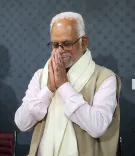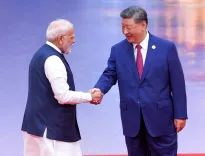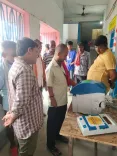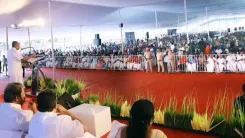Will the West Bengal Assembly's Special Session Be Plagued by Protests?
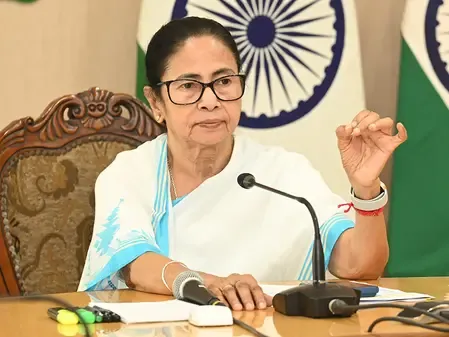
Synopsis
Key Takeaways
- The special session will focus on significant political and social issues in West Bengal.
- Protests are expected as the Trinamool Congress confronts the Election Commission.
- The BJP aims to highlight corruption allegations against the ruling party.
- Key legislation like the Aparajita Bill will be discussed amid controversy.
- Political tensions are escalating in the state as Assembly discussions unfold.
Kolkata, Aug 31 (NationPress) The upcoming three-day special session of the West Bengal Assembly, commencing on Monday, is anticipated to be overshadowed by protests. The ruling Trinamool Congress aims to introduce a resolution condemning the Election Commission's Special Intensive Revision (SIR) and a censure motion regarding alleged violence against Bengali migrant workers in states governed by the Bharatiya Janata Party (BJP).
In contrast, the BJP plans to draw attention to the alleged corruption within the administration led by Mamata Banerjee, especially after the revelation of names linked to Trinamool Congress leaders appearing on a list of disqualified candidates made public by the West Bengal School Service Commission on Saturday.
The special session is scheduled for September 1, 2, and 4, with September 3 designated as a state holiday for Karam Puja.
Trinamool Congress sources indicate that the state government will propose a resolution denouncing the mistreatment of Bengalis outside the state.
Additionally, discussions will likely include a resolution opposing the Election Commission's SIR of electoral rolls in Bihar and the potential implementation of a similar approach in West Bengal.
Moreover, the state government plans to address the Aparajita Bill and express disapproval towards the Centre for returning it.
On September 3, 2024, the West Bengal Assembly had unanimously approved the Aparajita Bill, which mandates severe penalties for sexual assault cases.
This legislation was forwarded to President Droupadi Murmu by West Bengal Governor C.V. Ananda Bose on September 6, 2024.
Passed shortly after the tragic rape and murder of a doctor at the R.G. Kar Medical College and Hospital in Kolkata, the bill includes provisions for the death penalty in five specific categories of crimes: rape, rape by a police officer or public servant, rape resulting in death or persistent vegetative state, gang rape, and repeat offenders.
However, concerns surrounding the death penalty clauses in the Aparajita Women and Child (West Bengal Criminal Laws Amendment) Bill, 2024 led Governor Ananda Bose to return the legislation for further review last month.
Meanwhile, the BJP is poised to spotlight corruption allegations against Trinamool Congress leaders and protest the government's initiative to propose a resolution against the SIR.
"Tomorrow, we will convene a meeting of the BJP Legislature Party in the state Assembly to strategize our response during the special session. The TMC must first clarify why the names of their relatives and close associates appear on the list of tainted and ineligible candidates before they attempt to bring forth motions against the Central government," stated BJP MLA and party's Chief Whip in Assembly Shankar Ghosh.
The West Bengal Central School Service Commission (WBCSSC) released the list of 'tainted ineligible' candidates following a Supreme Court directive, revealing that numerous relatives and close aides of Trinamool Congress leaders were implicated, allegedly securing teaching positions in state-run schools through unscrupulous means as part of the SSC recruitment scandal.

